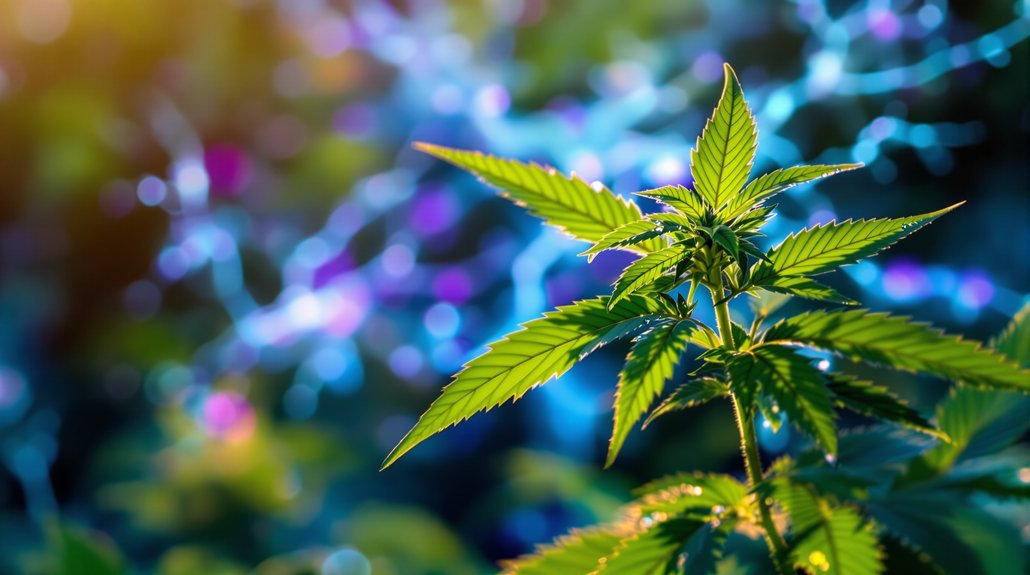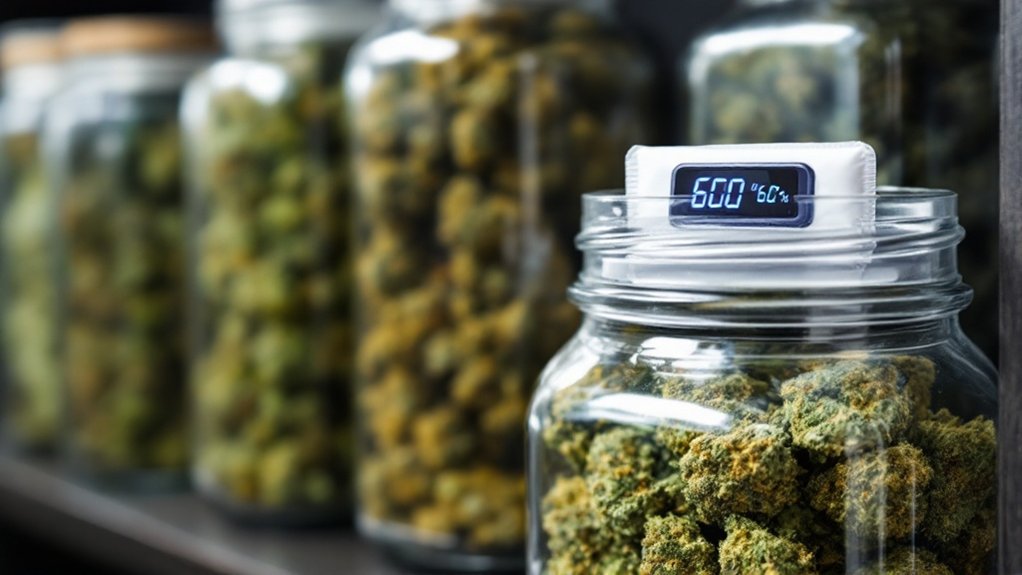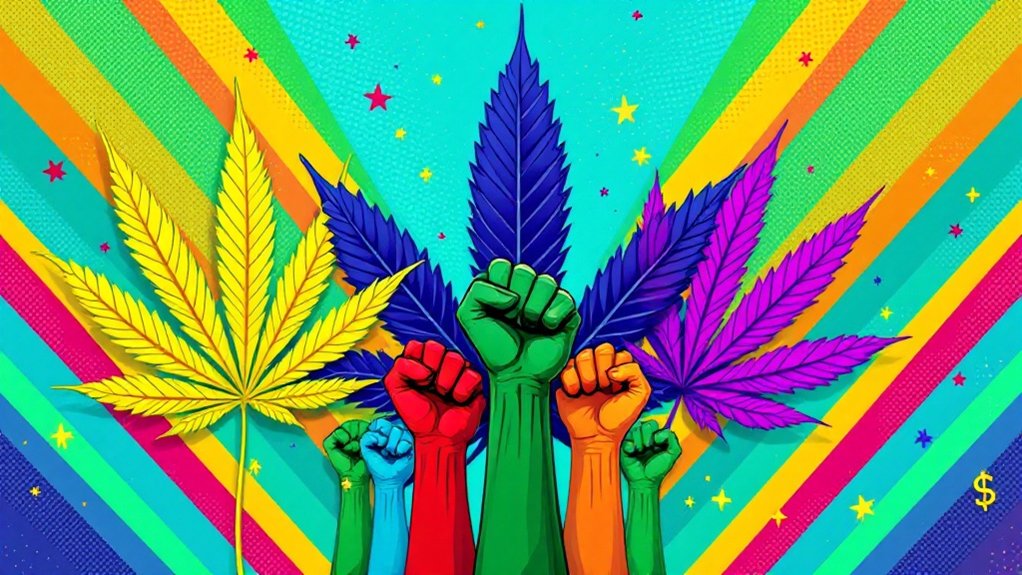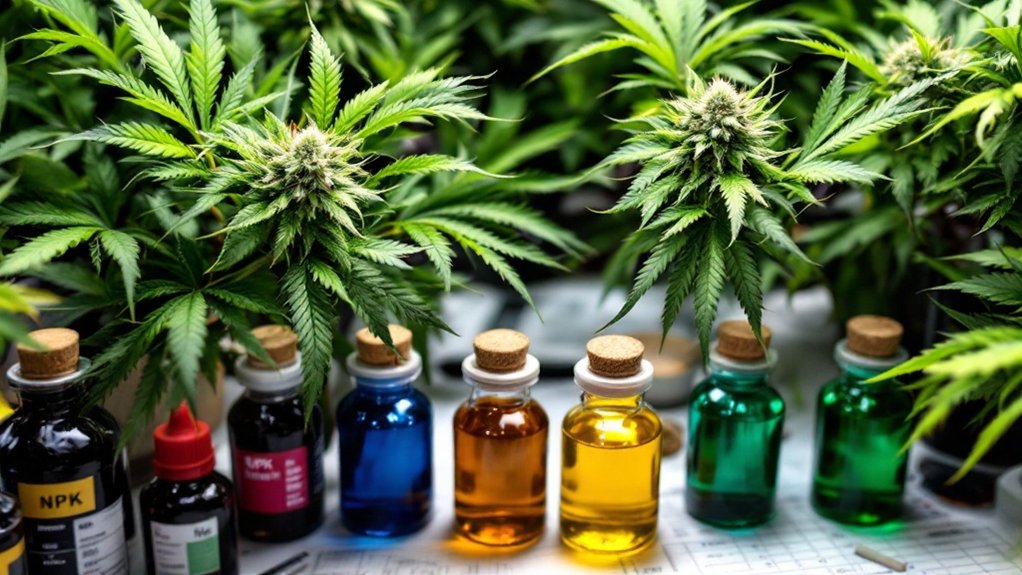Scientists are discovering that cannabis affects the brain in ways that defy simple categorization. Recent studies reveal a cognitive paradox: while users consistently struggle with short-term memory tasks immediately after consumption, some demonstrate enhanced focus during specific activities weeks later. The research challenges decades of assumptions about marijuana’s impact on mental performance. These contradictory findings have researchers scrambling to understand whether cannabis ultimately sharpens or dulls cognitive abilities, and the answer appears more nuanced than anyone expected.
The Immediate Cognitive Trade-offs: What Happens to Your Brain Right After Use
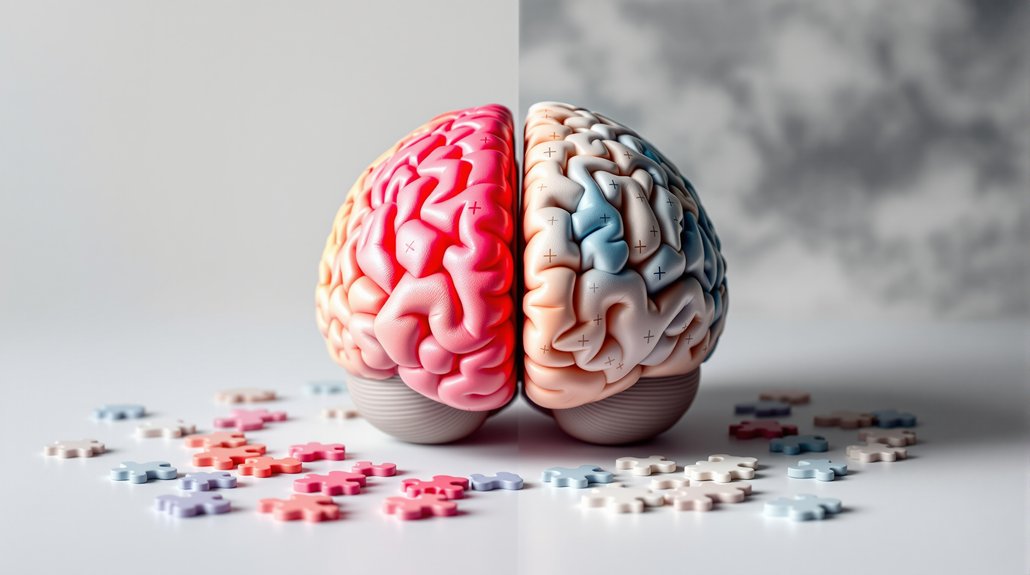
How quickly does cannabis alter cognitive function after use? Research reveals immediate and measurable changes within minutes of consumption.
Memory takes the biggest hit, verbal learning and recall show moderate impairments with effect sizes reaching 0.69 for episodic memory. Working memory suffers too, with 68% of recent users displaying reduced brain activity in critical regions like the dorsolateral prefrontal cortex.
Cannabis hits memory hard, with verbal learning dropping significantly and two-thirds of users showing reduced brain activity in key regions.
Processing speed slows noticeably, particularly with smoked or vaped cannabis rather than edibles. Executive functions stumble as well. Tasks requiring cognitive flexibility, set-shifting, and sustained attention become more challenging.
Even emotion recognition gets fuzzy, users struggle more with interpreting fearful or angry facial expressions.
These aren’t subtle changes. Neuroimaging shows decreased activation in key brain areas responsible for decision-making and attention, creating a distinct cognitive fingerprint of acute cannabis use. CBD-dominant varieties offer minimal cognitive disruption compared to THC-heavy products, which may benefit those seeking therapeutic effects without significant mental impairment. The impairments prove consistent across species, with similar effects documented in rodents and non-human primates alongside human studies. The largest research efforts have examined effects in over 1,000 young adults to better understand these cognitive impacts.
Beyond the High: Long-term Effects and the Recovery Timeline
While acute impairments fade as the high wears off, persistent cannabis use releases a different set of cognitive consequences that can linger for months or even years after the last joint.
Twenty years of regular use creates measurable neuropsychological decline across multiple brain domains, with working memory and executive function taking the biggest hits. The timing matters tremendously, adolescent-onset users face deeper, more stubborn deficits than their adult-onset counterparts.
Heavy lifetime users, those crossing the 1,000-use threshold, show reduced brain activity during memory tasks in nearly two-thirds of cases. The most affected regions include the anterior insula, medial prefrontal cortex, and dorsolateral prefrontal cortex, key areas responsible for cognitive control and decision-making. The decarboxylation process that converts non-psychoactive THCA to psychoactive THC may intensify these cognitive effects based on consumption method.
Recovery isn’t impossible, but it’s complicated. Adult-onset users often bounce back after extended abstinence, while teenage starters may struggle with lingering impairments for over a year post-cessation. These cognitive effects increase relapse risk during treatment and recovery periods.
The brain does actually, keep score.
The Surprising Protective Potential: New Research Challenges Old Assumptions
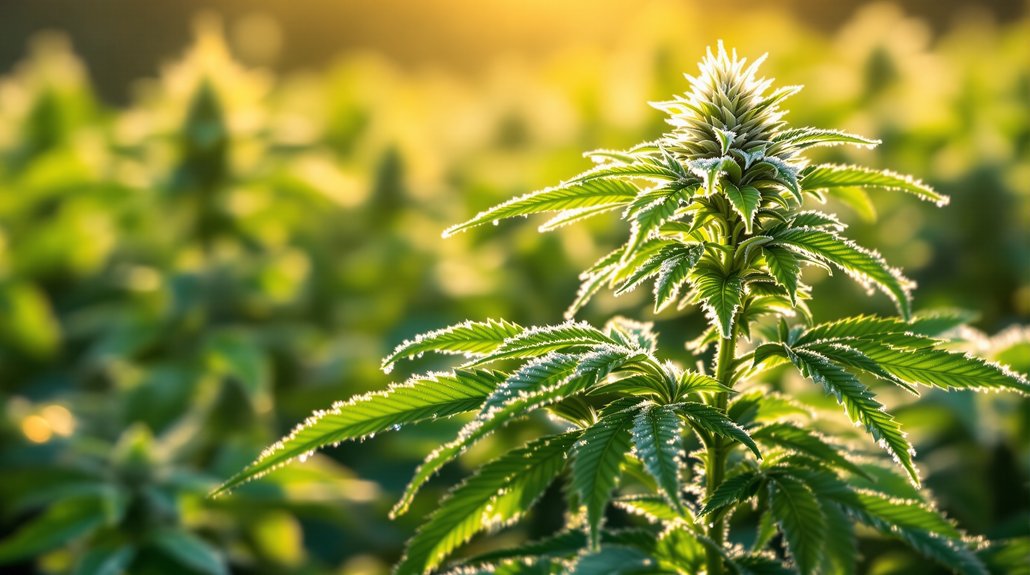
Despite decades of research painting cannabis as a cognitive threat, a groundbreaking UK study involving nearly 38,000 adults has flipped the script entirely.
Participants aged 44-81 who used cannabis consistently outperformed non-users across multiple cognitive domains. The twist? Their brain networks resembled those of younger individuals, suggesting cannabis might actually slow neural aging.
Researchers propose cannabinoids help preserve the delicate balance between brain network segregation and integration, essential for both specialized processing and efficient information transfer. However, other research examining young adults has found that heavy cannabis use can reduce brain activation in regions critical for working memory, including the anterior insula and prefrontal cortex.
Animal studies support this, showing THC can trigger neurogenesis in specific contexts. The endocannabinoid system may regulate neuroinflammation and oxidative stress, key protective factors for brain health.
This National Science Foundation and NIH-funded research challenges long-held assumptions about universal cognitive decline with cannabis use, particularly among older adults. Staci Gruber’s Harvard research has shown that medical cannabis patients often report cognitive improvements after several months of use, contrasting sharply with assumptions about universal impairment.
